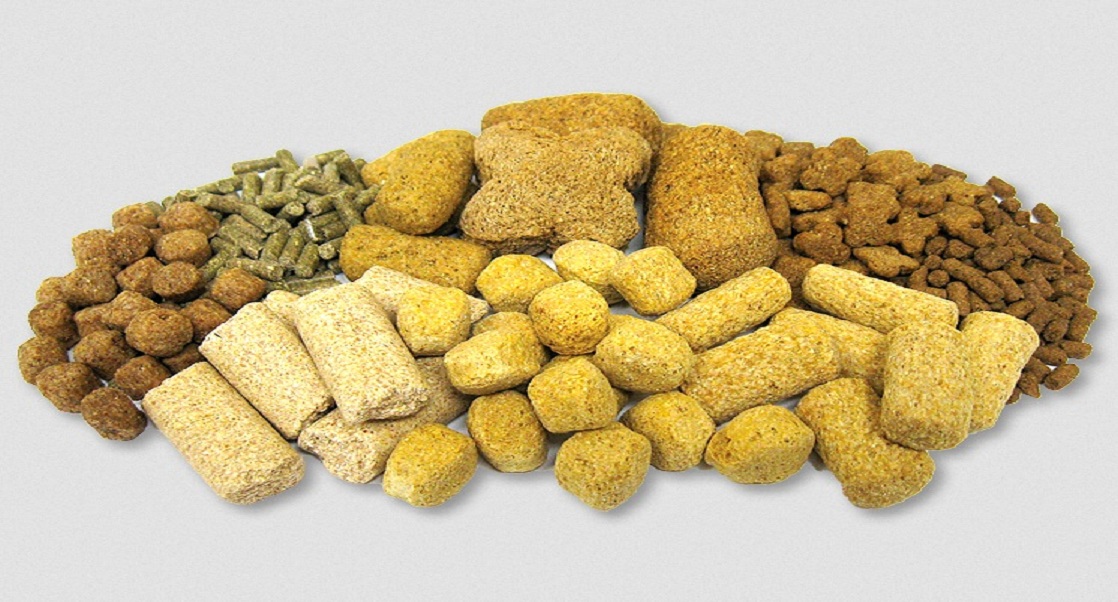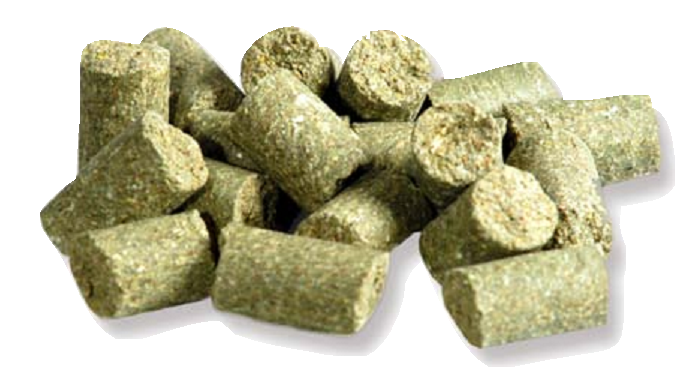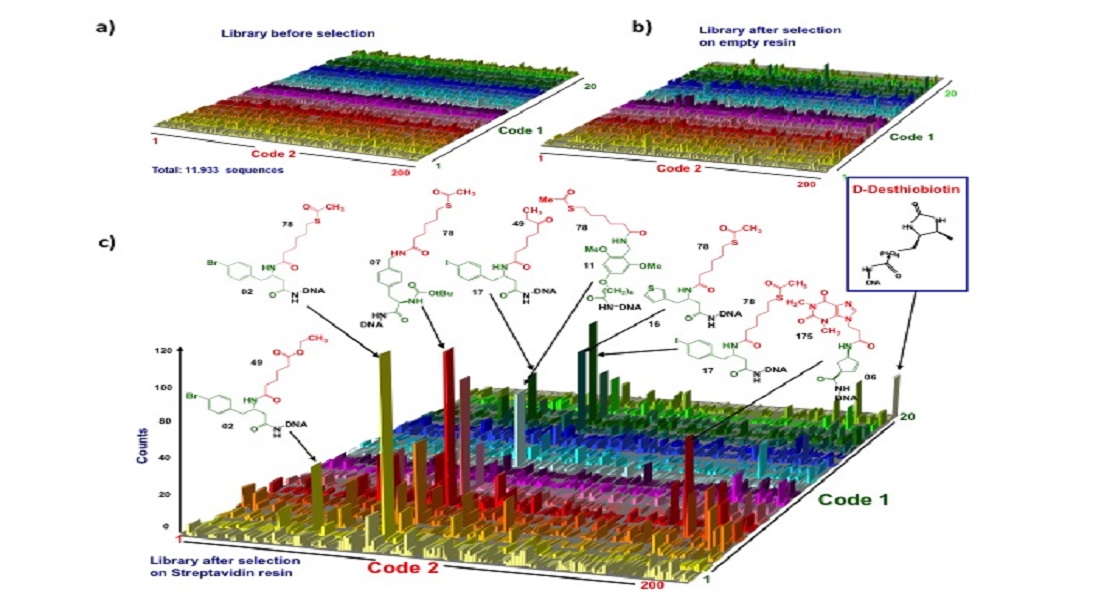
Animal Diets are the most Crucial part of in vivo Research Studies
Providing for an animal’s nutritional needs, as well as an appropriate environment to reside, is the cornerstone of in vivo research. The supply of high-quality feed to laboratory animals is important for their growth, maintenance, physiological needs, and reproductive activity. Various products are there that differs in nutrient content and are available in numerous formulations. Main component essential for feed formulations: water, carbohydrates, fats, proteins, minerals and vitamins. The nutrients which animal cannot synthesize for maintaining health and is obtained from an external dietary source are called essential nutrients while the nutrients which can be produced by the animal or its microbial flora and is not required in diet are called non-essential nutrients.
Most laboratory diets are natural ingredients and nutritionally complete. Natural-ingredient diets are formulated from agricultural- and/or animal-based ingredients.These are “closed” formula, in which the individual components of the diet are proprietary and are not specified.
Closed-formula diets typically contain ingredients such as ground corn, ground oats, alfalfa meal, soybean meal, and ground wheat.
Vitamins, minerals, and fat are added to ensure nutritional adequacy. Categories of closed-formula diets include least-cost, fixed, and variable formula diets. ‘Chow’are a perfect example of closed formula diets.

. Chow diets have been used since the 1940s as the “background,” “maintenance” or “control” diet in experiments. They are relatively inexpensive to produce and provide complete and adequate nutrition. Referred to as grain or cereal based, these diets typically contain ingredients such as ground corn, ground oats, alfalfa meal, soybean meal and ground wheat. Vitamins, minerals, and fat are added to ensure nutritional adequacy.Actually, chows are made using both methods and each has disadvantages. Soybean meal (and other plant-derived ingredients) contains many varied and interesting phytochemicals, numbering in the hundreds. A sub-class of phytochemicals is the phytoestrogens. These phytoestrogens can bind to estrogen receptors in the animal and have either pro- or anti-estrogenic effects.

Further there is another category called “open”-formula diets which are manufactured in accordance with an established known ingredient formulation. Open-formula diets were generated to reduce diet as a variable and may be natural ingredient, but most commonly are purified diets. Open-formula diets offer certain advantages, including, but not limited to, the following: their quantitative ingredient formulations are available to the user, they facilitate control of potential research variables, they allow for repeatability in research.
Purified diets, also referred to as semisynthetic diets, are open-formula diets produced from purified components, such as carbohydrates (e.g., starch or sucrose), purified sources of protein (e.g., lactalbumin and casein), refined oils, and synthetic vitamins and minerals. Purified diets are typically used when altering the nutritional content of the diet or when compounding with additives. Purified diets allow for complete ingredient control. Specific ingredients can be added or excluded. The nutritional content of a purified diet is highly stable from batch to batch, as the specific ingredients and amounts of each are known. Purified ingredient diets were initially used by biochemists and nutritional scientists in their first major, shared endeavour of delineating the limited list of required nutrients -the simplest list of chemicals and molecules required in thediet for life versus death. It is because these ingredients are refined materials,each containing one nutrient, (as opposed to the less refinedchow ingredients) that allows research nutritionists to definethe nutritional requirements of animals, by selectivelyremoving one nutrient at a time from the diet. This alsomeans that the possible modifications one can make to apurified ingredient diet are virtually limitless. This is alsowhat continues to make purified diets Powerful Research Tools.
BTL Biotechno Labs Pvt. Ltd. is the distributor of Research Diets Inc animal diets products supplier to the research community for laboratory animals like Mouse, Rats, Zebra Fish, Non human Primates, Hamsters, Guinea Pigs etc for their in vivo research. They provide control diets, Diet induced disease models: Diabetes, Obesity, Hypertension, Artherosclerosis, Cancer, Metabolic syndrome, Ketosis etc. Some of the most commonly used animal diets are: Growing Rodent Diet, Mature Rodent diet, High Fat Diets, NASH Diets, Methionine- Choline Deficient diets, High-Fat, High-Fructose, High-Cholesterol Diets, Choline Deficient (CD) Diets, Vitamin and mineral deficient Diet. Further the company also provide customised diets by adding the research compound or sample in the selected diet for the analytic studies. Also explore our range of other products of ELISA Kits, Recombinant Proteins, and Antibodies.
For product details, please connect with us at info@biotechnolabs.com.








